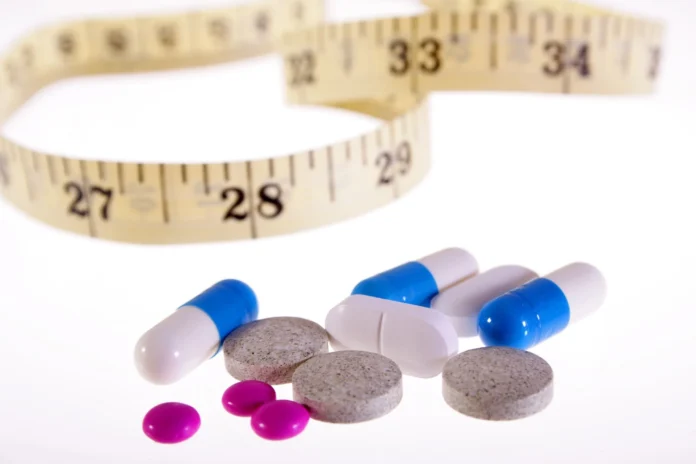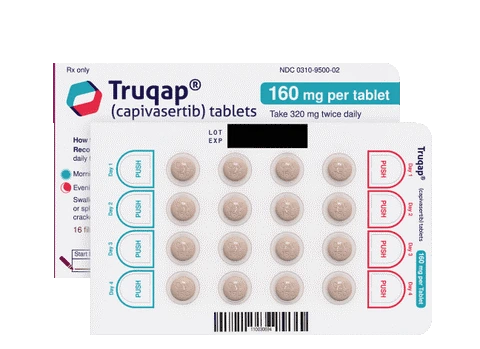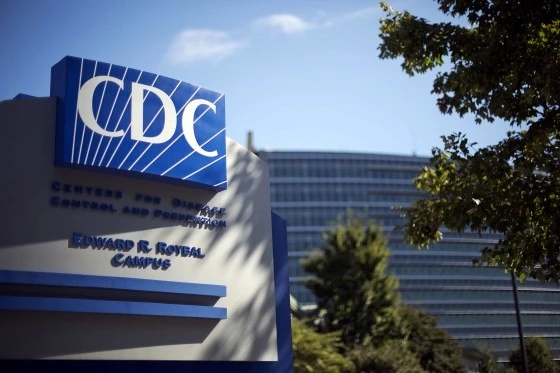Lilly weight-loss pill works as well as Ozempic, shares surge
Eli Lilly’s (LLY.N), opens new tab experimental pill worked as well as blockbuster drug Ozempic to lower weight and blood sugar in a trial of diabetes patients, and the company said it expects to seek regulatory approvals by the end of the year.
Shares jumped 16% as results of the study, the first of several underway on the pill, orforglipron, raised hopes of an effective and easy-to-use treatment reaching a market dominated by weight-loss injections.
U.S.-listed shares of Ozempic maker Novo Nordisk (NOVOb.CO), opens new tab, down more than 50% over the past year, fell another 7% on Thursday. “While Novo had the headstart … this first mover advantage has waned,” BMO Capital Markets analyst Evan Seigerman said in a research note.
Lilly’s phase 3 trial showed that type 2 diabetes patients lost 16 pounds, or nearly 8% of their body weight, over 40 weeks. That compares favorably with Novo’s injected drug Ozempic, where diabetic patients on the highest dose lost roughly 6% of their body weight.
Lilly said weight loss hadn’t plateaued at the time the study ended, suggesting that patients might lose more weight. The pill lowered blood sugar levels by an average of 1.3%. Ozempic lowered blood sugar levels by 2.1%.
Several companies are working to develop weight-loss pills, encouraged by estimates that sales of obesity treatments could hit $150 billion in the coming years. The latest data puts Lilly firmly in the lead in the race for effective oral drugs that can compete with injections.
Ozempic, approved for diabetes in 2017, is designed to target an intestinal hormone called GLP-1.
It competes with Lilly’s injectable tirzepatide — sold under the brand names Mounjaro for obesity and Zepbound for weight loss — which mimics GLP-1 and a second hormone called GIP, and has demonstrated weight loss of 22% over 72 weeks.
Like Ozempic, orforglipron targets just GLP-1, but unlike hormone-mimicking peptides, it is a synthetic small molecule drug.











